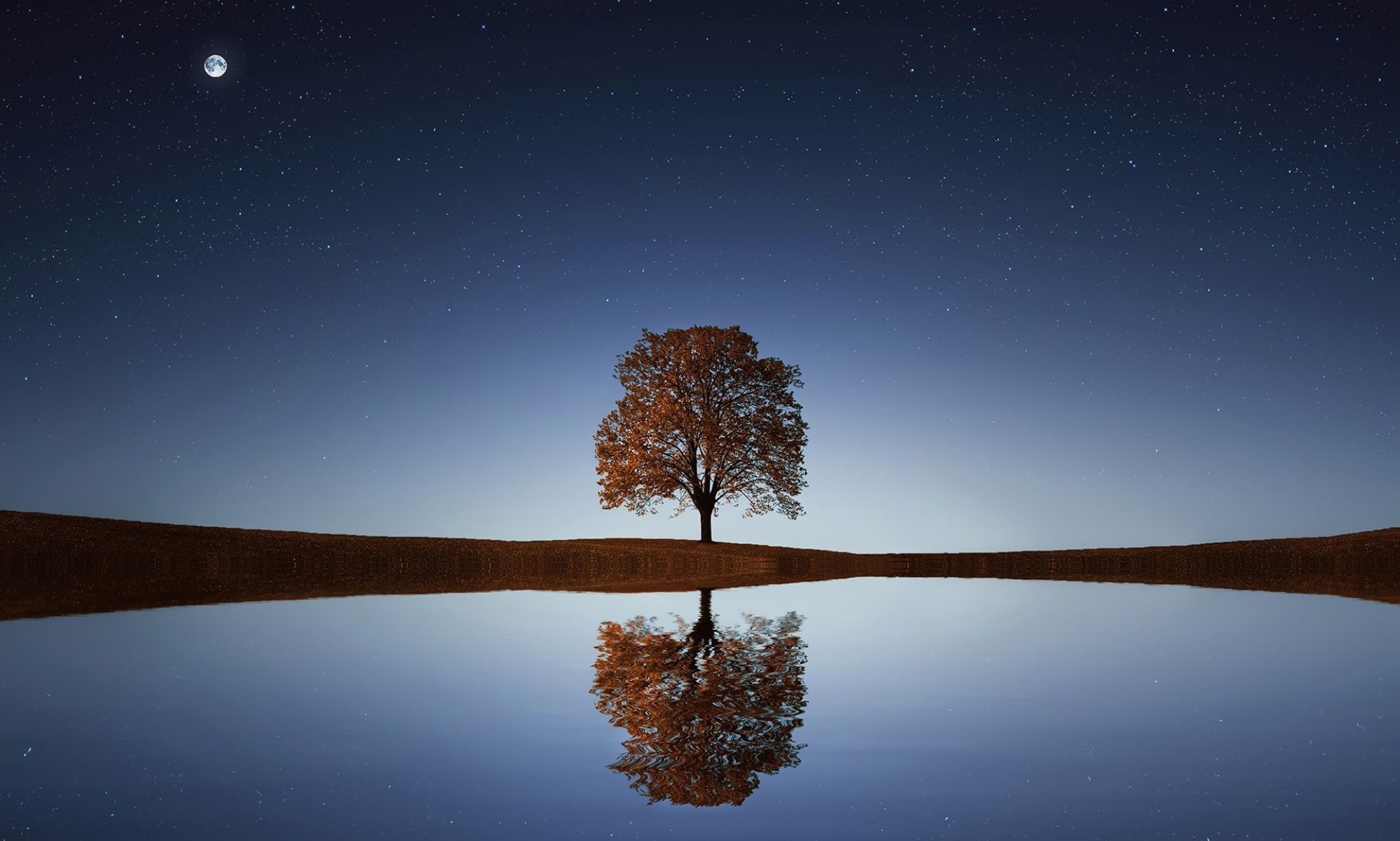
Call for Submissions for Film & video, Radio, and New Media Deadline June 1st, 2006
The
imagineNATIVE Film + Media Arts Festival is an international festival that celebrates the latest works by Indigenous peoples on the forefront of innovation in film, video, radio, and new media. Each fall, the festival presents a selection of the most compelling, distinctive Indigenous works from around the globe. The festival’s screenings, parties, panel discussions, and cultural events attract and connect filmmakers, media artists, programmers, buyers, and industry professionals. The works accepted reflect the diversity of the world’s Indigenous nations and illustrate the vitality and excellence of our art and culture in contemporary media.
imagineNATIVE considers film, video, radio and new media works made by Canadian and international Indigenous artists. The festival strives to represent a diversity of ideas, themes and genres in its programming. The festival prioritizes works that balance unique content, cultural and social relevance, and a creative approach to form characterized by innovative expression, distinctive style, and personal vision. Priority is given to works that have not yet been broadcast in Canada. International and Canadian premiere status is also a consideration. imagineNATIVE charges no submission fees.
All entries selected for the festival are eligible for awards. Awards presented in 2005 were as follows: $1000 Alanis Obomsawin Award for Best Documentary, Sponsored by the NFB; $1000 Best Dramatic Feature, Sponsored by CHUM TV; $1000 Cynthia Lickers-Sage Award for Emerging Talent, Sponsored by Vtape; $1000 Best Radio, Sponsored by Standard Radio Broadcasting; $1000 Best New Media, Sponsored by Vtape; $500 Best Short Documentary, Sponsored by CBC; $500 Best Short Drama, Sponsored by CBC; $500 Best Experimental, Sponsored by the Images Festival; $500 Best Music Video, Sponsored by imagineNATIVE.
Submission forms for film & video, radio, and new media are available for download from
the imagineNATIVE website.
imagineNATIVE is held in Toronto – this year’s dates are October 18-22, 2006
—
imagineNATIVE Film + Media Arts Festival

